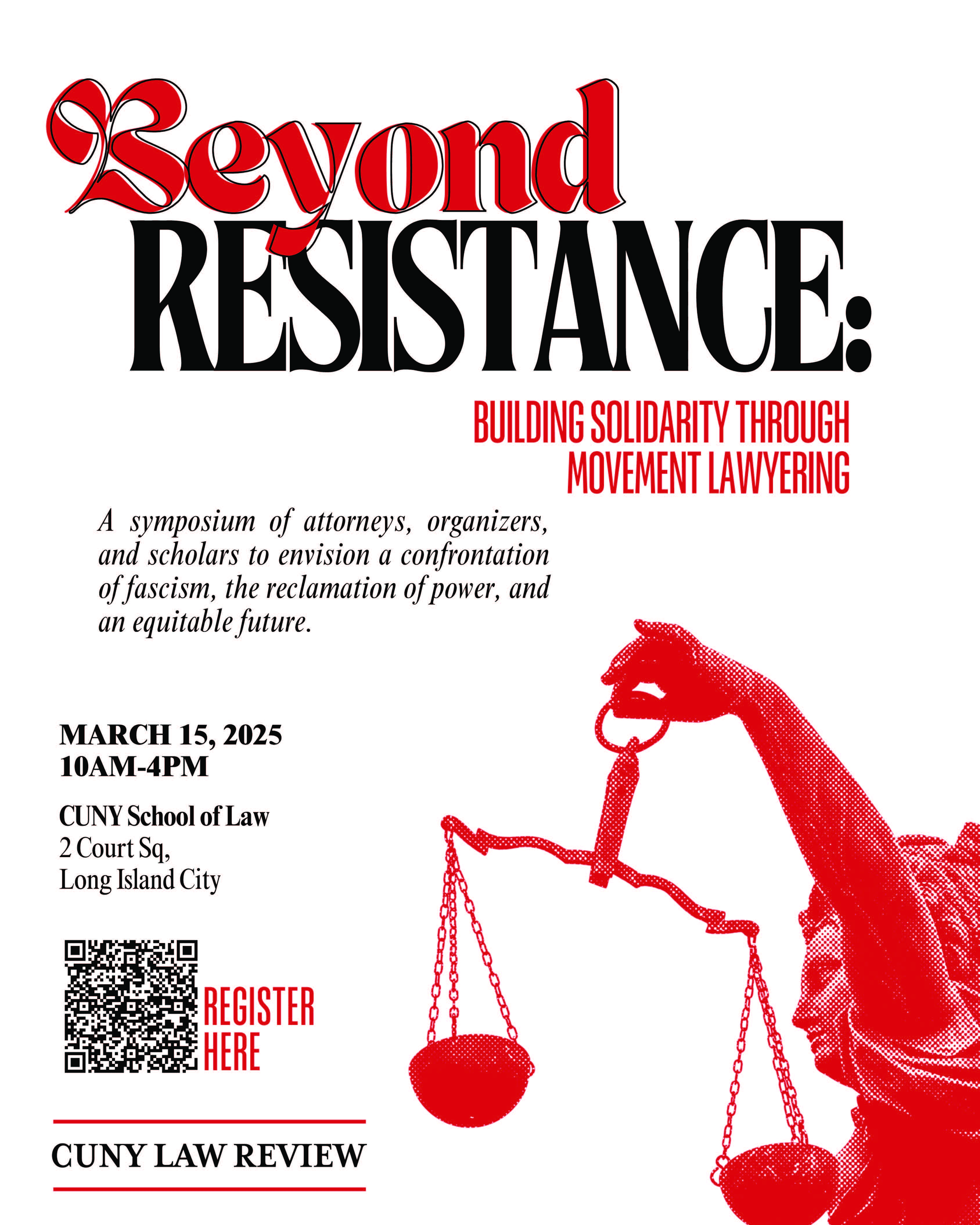David A. Weinstein
Volume 28.1 (download PDF)
Abstract
In 1883, in People ex rel. King v. Gallagher, the New York Court of Appeals affirmed the dismissal of a lawsuit brought on behalf of an eleven-year-old African American girl who sought admission into her neighborhood public school in Brooklyn and thereby challenged the legal segregation regime governing New York’s public education system. The case, largely forgotten today, had a profound impact on subsequent legal efforts at school desegregation. This article examines the development of African American legal rights to public education in New York State in the nineteenth century and early efforts to challenge the exclusion of Black students from public schools. It describes the King litigation and its place in the development of civil rights law, focusing on its role in entrenching the “separate but equal” doctrine.

